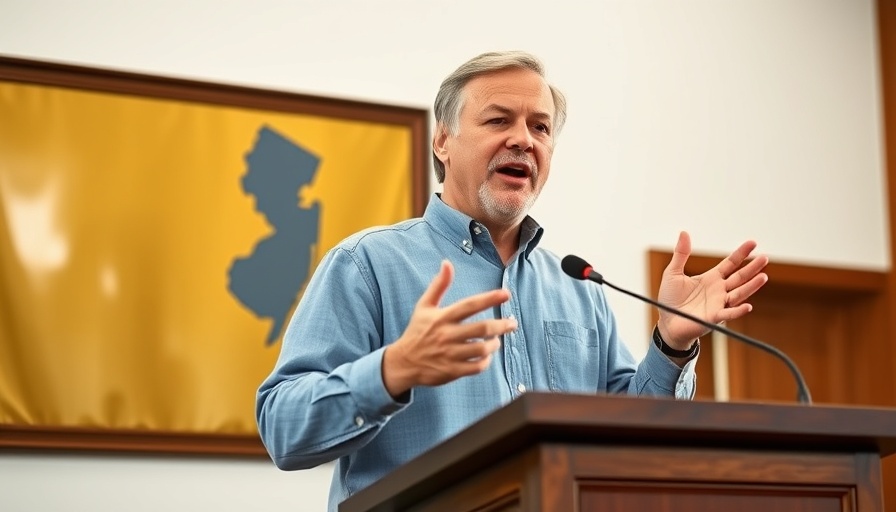
New Jersey Takes Bold Steps in Solar Energy Initiative
On August 22, 2025, Governor Phil Murphy signed two significant pieces of legislation aiming to broaden solar energy access across New Jersey. The new laws, S4530/A5768 and A5267/S4289, are set to extend solar availability to approximately 450,000 additional residents, with a special focus on 250,000 low-income families. This initiative is expected to empower one million households with solar energy by 2028, reflecting a strong commitment to sustainable solutions in the Garden State.
Accelerating Energy Solutions
One of the critical aspects of S4530/A5768 is its directive to the Board of Public Utilities (BPU) to open registration for 3,000 megawatts of community solar projects by October 1, 2025. This expansion is a strategic move to mitigate the financial burden of energy bills for families and businesses alike. Governor Murphy emphasizes that these projects will help reduce costs while also addressing essential energy needs.
Energy Storage for a Resilient Future
The second bill, A5267/S4289, spearheads a transmission-scale energy storage incentive program. This initiative aims to achieve an ambitious target of 2,000 megawatts of energy storage by 2030. By focusing on the installation of clean energy storage solutions, New Jersey is not only diversifying its energy sources but is also engineering a more resilient electric grid. This will aid in ensuring stability during peak demand times, particularly given the growing concern over energy prices and supply.
Long-term Benefits for New Jersey Residents
With solar capacity having doubled under the Murphy administration—from 2.4 gigawatts to 5.2 gigawatts—this likens to serving over 600,000 homes with solar energy. Murphy praised the legislation as a vital step to lowering costs and creating quality union jobs in the green energy sector. He noted, "We are taking immediate and far-reaching steps to lower energy costs for every household in New Jersey." This perspective is echoed by Christine Guhl-Sadovy, president of the NJBPU, who highlighted the importance of community solar programs in lowering utility bills and advancing clean energy efforts.
A Response to Energy Cost Challenges
This legislative action also represents a proactive response to the state's rising energy costs, which have been exacerbated by the mismanagement of the regional grid operator PJM. The Murphy administration has taken various measures, including advocating for more transparency from PJM and announcing substantial economic relief for New Jersey ratepayers. These efforts illustrate the administration's commitment to accountability and long-term stability in energy supply.
As New Jersey embarks on this ambitious path toward renewable energy, residents can look forward to saving money while playing a part in building a sustainable future for generations to come.
 Add Row
Add Row  Add
Add 



Write A Comment